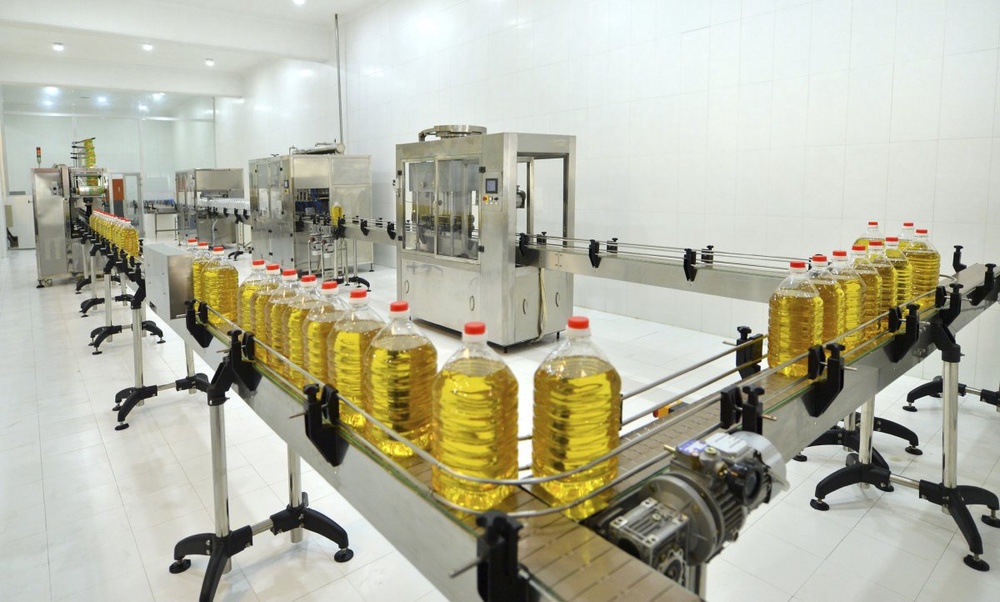
North Korea has increased food production for a third straight year, but malnutrition remains widespread, UN agencies say, voicing particular concern over stunting in children, AFP reports. Failures in the state distribution system mean families increasingly rely on unofficial markets and bartering to feed themselves, according to a nationwide assessment published Thursday by the Food and Agriculture Organization (FAO) and the World Food Programme. "Despite continued improvement in agricultural production, the food system remains highly vulnerable to shocks and serious shortages exist particularly in the production of protein-rich foods," said FAO economist Kisan Gunjal. Total food production was estimated at 5.03 million tonnes for 2013, a five percent increase over the previous year. Nevertheless, food consumption for 84 percent of households across the country was described as borderline or poor. Although child malnutrition rates have declined over the past decade, the prevalence of stunting remains "alarming" and micronutrient deficiencies are of particular concern, the report said. The UN agencies suggested that any positive nutritional trends were most likely the result of families bartering, buying and selling fresh produce from kitchen gardens. North Korea has suffered regular chronic food shortages under the ruling Kim dynasty, with the situation exacerbated by floods, droughts and mismanagement. During a famine in the mid to late-1990s, hundreds of thousands died. More than 70 percent of families are still dependent on the government's public distribution system for staple cereals, but the UN agencies said the system persistently failed to meet its delivery targets. Based on its findings, the UN report estimated that North Korea's official import target of 300,000 tonnes of cereals in the coming year, would leave a food deficit of 40,000 tonnes. "This needs to be bridged either through additional purchases by the government and/or international support to avoid increased undernourishment," it said.





North Korea has increased food production for a third straight year, but malnutrition remains widespread, UN agencies say, voicing particular concern over stunting in children, AFP reports.
Failures in the state distribution system mean families increasingly rely on unofficial markets and bartering to feed themselves, according to a nationwide assessment published Thursday by the Food and Agriculture Organization (FAO) and the World Food Programme.
"Despite continued improvement in agricultural production, the food system remains highly vulnerable to shocks and serious shortages exist particularly in the production of protein-rich foods," said FAO economist Kisan Gunjal.
Total food production was estimated at 5.03 million tonnes for 2013, a five percent increase over the previous year.
Nevertheless, food consumption for 84 percent of households across the country was described as borderline or poor.
Although child malnutrition rates have declined over the past decade, the prevalence of stunting remains "alarming" and micronutrient deficiencies are of particular concern, the report said.
The UN agencies suggested that any positive nutritional trends were most likely the result of families bartering, buying and selling fresh produce from kitchen gardens.
North Korea has suffered regular chronic food shortages under the ruling Kim dynasty, with the situation exacerbated by floods, droughts and mismanagement. During a famine in the mid to late-1990s, hundreds of thousands died.
More than 70 percent of families are still dependent on the government's public distribution system for staple cereals, but the UN agencies said the system persistently failed to meet its delivery targets.
Based on its findings, the UN report estimated that North Korea's official import target of 300,000 tonnes of cereals in the coming year, would leave a food deficit of 40,000 tonnes.
"This needs to be bridged either through additional purchases by the government and/or international support to avoid increased undernourishment," it said.


 +7 (777) 001 44 99
+7 (777) 001 44 99















































